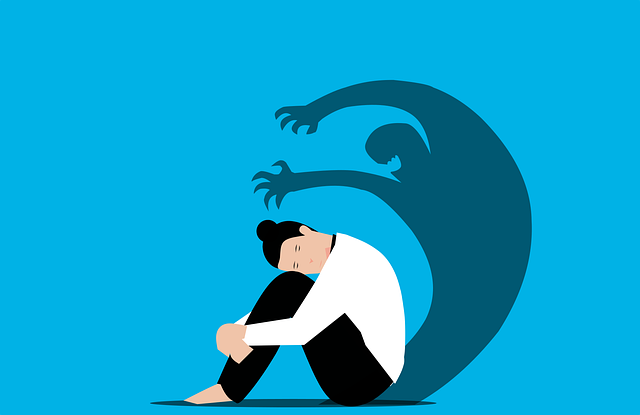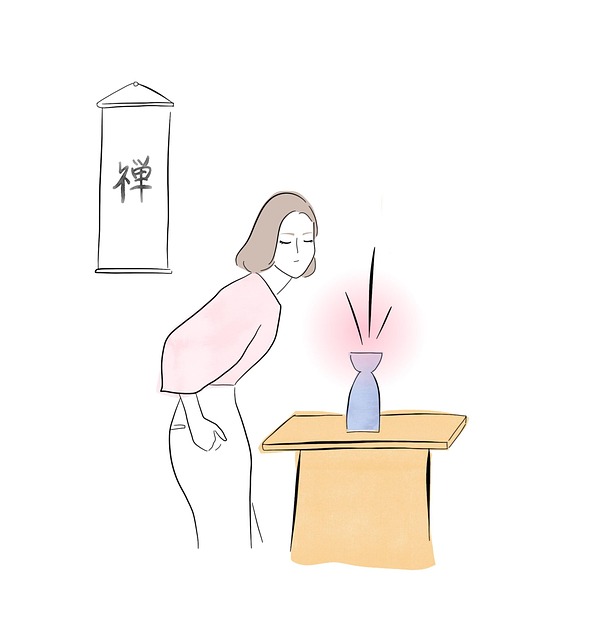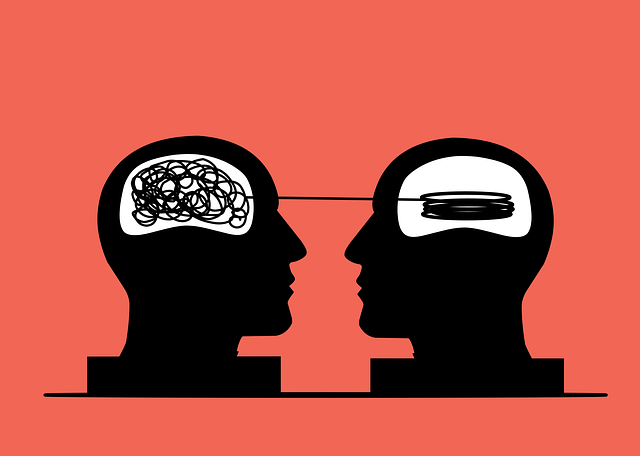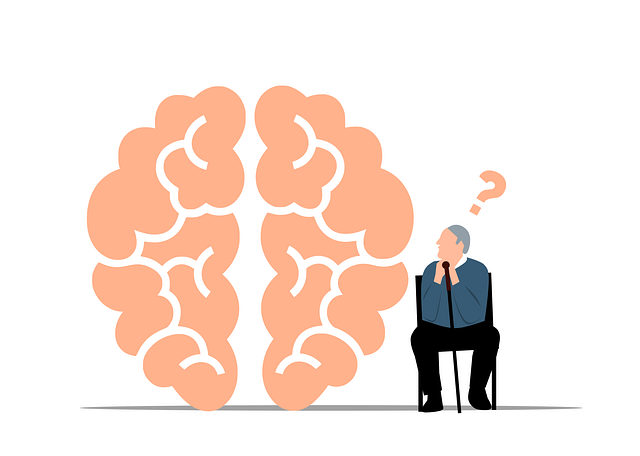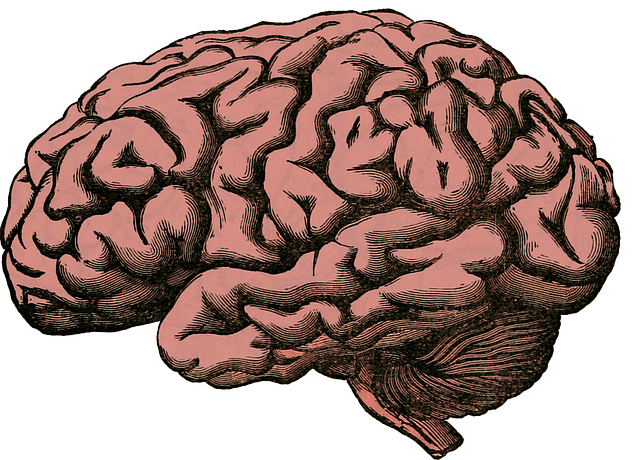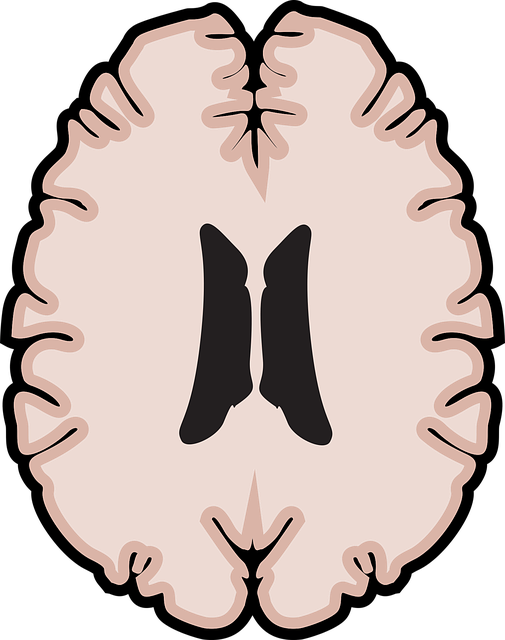Depression, a complex disorder, is addressed through genetic, environmental, and brain chemistry factors. Preventive measures include stress management, healthy coping mechanisms, and professional help from Castle Rock Anxiety Therapy (CRAT). CRAT offers evidence-based practices like Social Skills Training, Mental Wellness Journaling, and self-care routines to enhance resilience against loneliness and emotional processing. Regular exercise, quality sleep, mindfulness, and connection through hobbies and social media support mental well-being. CRAT emphasizes human connections and specialized support for depression prevention, empowering individuals with tools to manage and prevent depressive episodes.
Depression is a prevalent yet complex condition, but with the right strategies, prevention is achievable. This article explores various approaches to combat depression, offering insights into understanding its triggers and implementing effective coping mechanisms. From lifestyle adjustments to self-care practices and building connections, we uncover ways to foster mental resilience. Additionally, we highlight the role of professional support from Castle Rock Anxiety Therapy in providing specialized care for those seeking help.
- Understanding Depression and its Triggers
- Lifestyle Changes for a Brighter Mindset
- The Power of Self-Care and Connection
- Professional Support: Castle Rock Anxiety Therapy's Role
Understanding Depression and its Triggers

Depression is a complex mental health disorder that significantly impacts an individual’s daily life and overall well-being. It often stems from a combination of genetic predisposition, environmental factors, and brain chemistry imbalances. By understanding the triggers that contribute to depressive episodes, individuals can better equip themselves with preventive strategies. These may include identifying and managing stress, cultivating healthy coping mechanisms, and seeking professional support when needed, such as through Castle Rock Anxiety Therapy services.
One effective approach to prevention is fostering mental wellness through activities like Social Skills Training, which enhances interpersonal connections and builds resilience against loneliness—a common trigger for depression. Additionally, engaging in Mental Wellness Journaling Exercises can help individuals process emotions, track mood patterns, and identify early signs of distress. Furthermore, listening to a well-produced Mental Wellness Podcast Series can provide valuable insights, education, and community support, fostering a sense of belonging and encouraging proactive mental health management.
Lifestyle Changes for a Brighter Mindset

Adopting a healthier lifestyle can significantly contribute to preventing and managing depression. Regular exercise, for instance, releases endorphins that boost mood and reduce stress. Aiming for at least 30 minutes of moderate activity daily, whether it’s walking in nature or joining a Castle Rock Anxiety Therapy group, can make a noticeable difference. Additionally, prioritizing quality sleep and maintaining a balanced diet are essential pillars of mental well-being.
Incorporating mindfulness practices like Meditation and stress management techniques from workshops offered by organizations focused on mental health can empower individuals to navigate life’s challenges more effectively. Developing a consistent self-care routine that includes activities like journaling or engaging in hobbies can also foster resilience against depressive episodes.
The Power of Self-Care and Connection

In the battle against depression, self-care and connection stand as formidable weapons. Developing a robust self-care routine for better mental health is akin to building a strong foundation—it equips individuals with tools to manage stress, regulate emotions, and cultivate resilience. This involves prioritizing activities that replenish energy, nurture the mind, and soothe the spirit. From regular exercise and mindful practices like meditation to engaging in hobbies and spending quality time with loved ones, these acts of self-love fortify an individual’s inner strength development.
At Castle Rock Anxiety Therapy, we recognize the profound impact of human connection on mental wellness. Building and maintaining meaningful relationships offers a supportive network, providing a sense of belonging and purpose. Sharing experiences, emotions, and vulnerabilities with trusted friends, family, or through platforms like mental wellness podcast series production can facilitate healing and offer fresh perspectives. Embracing these strategies empowers individuals to take proactive steps towards preventing depressive episodes and fostering lasting well-being.
Professional Support: Castle Rock Anxiety Therapy's Role

Depression prevention strategies often include seeking professional support, such as that offered by Castle Rock Anxiety Therapy. This specialized therapy center plays a pivotal role in empowering individuals to navigate and overcome emotional challenges. Through evidence-based approaches like compassion cultivation practices and conflict resolution techniques, Castle Rock Anxiety Therapy helps clients develop coping mechanisms robust enough to withstand life’s stressors.
The therapeutic environment at Castle Rock Anxiety Therapy fosters emotional healing processes by providing a safe, non-judgmental space for exploration and growth. Therapists employ tailored strategies to address underlying causes of depression, teaching clients valuable skills that enhance resilience and promote overall well-being. By integrating these practices into daily life, individuals can proactively manage their mental health and prevent depressive episodes.
Depression is a serious but manageable condition, and with the right strategies, it’s possible to prevent and overcome it. By understanding the triggers and making positive lifestyle changes, such as prioritizing self-care and building strong connections, individuals can significantly improve their mental health. Castle Rock Anxiety Therapy offers professional support tailored to each person’s unique needs, providing effective tools for navigating depression. Combining therapeutic interventions with proactive lifestyle adjustments ensures a holistic approach to well-being, empowering folks to reclaim their lives and foster resilience against depressive episodes.


